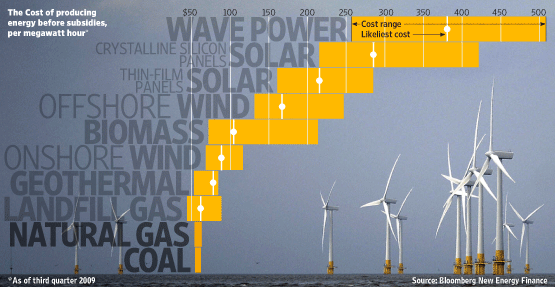I drove past a food bank today in Mount Vernon Wa. and didn't see a single big ticket item there, but I did see 300 common folks standing in line. You don't seem to grasp the concept that 45% of America is out of work. out of benefits, out of their house, and hungry.
Okay, now I know we've gone over the cliff into la-la land. 10-15% of America, I'd agree. 45%? Hardly. We're not even close to that. We didn't even hit 40% unemployment during the peak of the Great Depression.
Haven't been to Mt. Vernon, so I looked it up... tulips, eh? Interesting. What else do they do there? Are there other viable growth businesses? If not, are people moving away? No growth, can't have population growth either... kinda a natural number problem.
Thus, is Urbanization hurting them? Seems like another small town disappearing as a work/growth center, but that's been going on with Urbanization towards big cities since the early 90's or even 80's.
Well documented, strange phenomenon that us humans seem to be packing ourselves in like sardines to giant "resource centers".
I see it was voted "nicest small town in the U.S." in 1998. Would it still get that? What happened?
Anyway... the population was 31,743 at the 2010 census. 1% of the town's population was in the line. Just had to check to see HOW crazy the comments were.
You're off by a pretty big margin there.
So, are we going to have a rational discussion here, or are you going to continue to be crazy... 'cause I'm all stocked up on crazy 'round here.
Would people from that area move to the middle of the Arizona desert to farm it if offered the opportunity? I kinda doubt it... maybe some percentage, but most would stand in that line. Human nature. "This is my home."
So let's also get real about the algae thing. How many jobs would there be even if it had government backing in the form of 100% financing, which is still completely wrong... banks can make those loans, after reviewing the risk/reward.
Anyway...
With mechanized farming, it doesn't take all that many humans to handle a very large crop. So you're going to put "all of America" to work, exactly how?
Let's get real here. Government subsidies aren't magic unicorns of "Hope and Change".
People have to want to change, and that probably includes leaving the little hamlet there in Washington State and moving somewhere where it's hot, dry, dusty, and they work from sun-up to sun-down... and I just don't see our current population being very willing to do much of that kind of thing, even if you gave them 100% financing to make the move. Only a few brave/hearty souls would even take the Government up on that one.
The country's been in a recession. This time it was brought about by wild speculation and over-extending ourselves with debt. Whether or not we can recover probably depends on one critical thing: Being able to think clearly about what makes money and what doesn't and applying it to our personal business.
If algae or ANY alternative energy is truly cheaper, there are people with money who'd finance it. They'd say, "Look... I can run this business, it'll have X revenue, with which I can pay X people to do the jobs required, and I'll make Y profit."
I guarantee you they've already DONE that math because they are the ones who did NOT overextend themselves with debt, and they've already crunched the numbers and figured out that it doesn't work -- or there'd be construction going on in the desert right now. ... Or wherever you grow that stuff.
Other than trying to coerce someone into agreeing that they should pay up in the form of higher taxes for a plan that can't possibly "put the country to work" and saying that 1/2 the County is jobless when no reasonable statistics even from the biggest nay-sayers backs that up with any facts...
You got any sources to cite on any of this who don't have backgrounds selling things in multilevel-marketing ponzi schemes?

